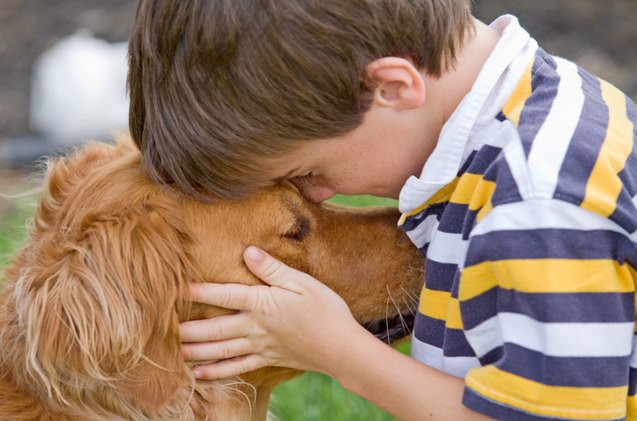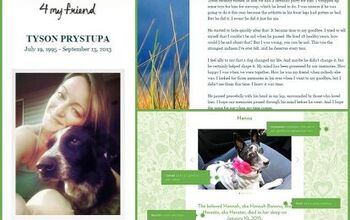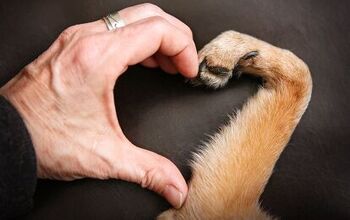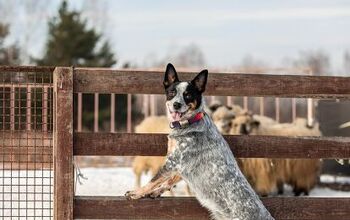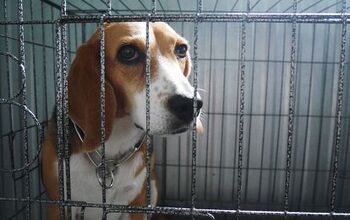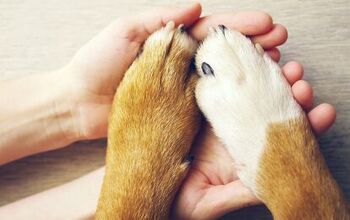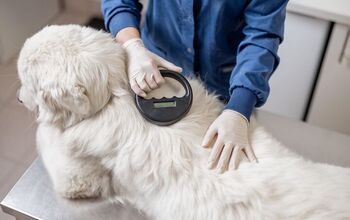Helping A Child Cope With A Loss Of A Pet

Losing a pet is hard on the whole family, no matter the circumstances. Children are often especially burdened by the loss of a pet as death is hard for them to understand. This type of a loss can be one of the most traumatic events in a child’s life. Make sure to take the proper precautions and to allow your child a safe space to work through their grief.
What Not to Do:
- Do not blow it off. Do not tell your child that it is “just a part of life.” While death may be something that happens to all of us; to a child it is a huge deal. They have lost a friend forever.
- Don’t use the words “put to sleep.” Depending on the age of the child, they may fear falling asleep and not waking up.
- Don’t lie. Telling a child their animal “ran away”, or any similar such lie will only do more harm than good in the long run. Honesty is the best policy when it comes to family and pets.
- Do not rush out and buy a new pet. This devalues the love and companionship of the previous pet.
Related: Dealing With The Death Of Your Dog
The Grieving Process
One of the first things you can do following a loss is to consider having a memorial service. A funeral can allow family members to express their feelings, and assist in closure. While this may not be appropriate for every family, it can be very beneficial for healing, and something to consider for your child.
When it comes to your child, always allow the child to feel their emotions. Allow them to be angry, sad, hurt, or scared. Emphasize to them that having these emotions is normal, and it’s okay to feel them. While you may want to distract them from these feelings, the only way for them to heal is to acknowledge the pain first.
The death of a pet can bring a lot of scary thoughts into a young ones life; they may also worry about you, or other friends or family members dying, discuss these fears with your child, so that they aren’t left to wonder. Make sure to also let the child know that it wasn’t their fault. Children oftentimes blame themselves or other family members for the death, which is an unhealthy behavior.
Related: Top 5 Things NOT To Say When a Friend’s Pet Dies
As your child is grieving, they will also be following your lead. They will be looking at you to see how you are handling the loss. Take note of that, if you are manic or depressed, a child will act similarly. Allow your child to see you grieve, but also exercise a certain amount of decency if you are heavily affected by the loss.
How to Help
Allow your child a listening ear; let them know you are there if they would like to talk about the pet, or the situation. If your children are older, encourage them to talk to their friends too, to see if they have friends in similar situations that can emphasize with the loss.
Encourage your children to still go outside, play, and maintain a semi-normal life. Don’t allow a child to sit in his room all day and sulk, as this is an unhealthy behavior. Encourage your child to write, draw, or create a memo about your pet. If you have pictures of your pet, allow your child to keep them to remember the pet by.
No matter the age of family member or pet, the loss of a pet isn’t easy for anyone involved. Make sure to be sensitive to your child’s needs, and allow your family time to grieve the loss before considering adopting a new animal, and always make sure to keep a piece of the old pet in your heart.

More by Sara Davis



